Home>Home Maintenance>What Repairs To Ask For After Home Inspection
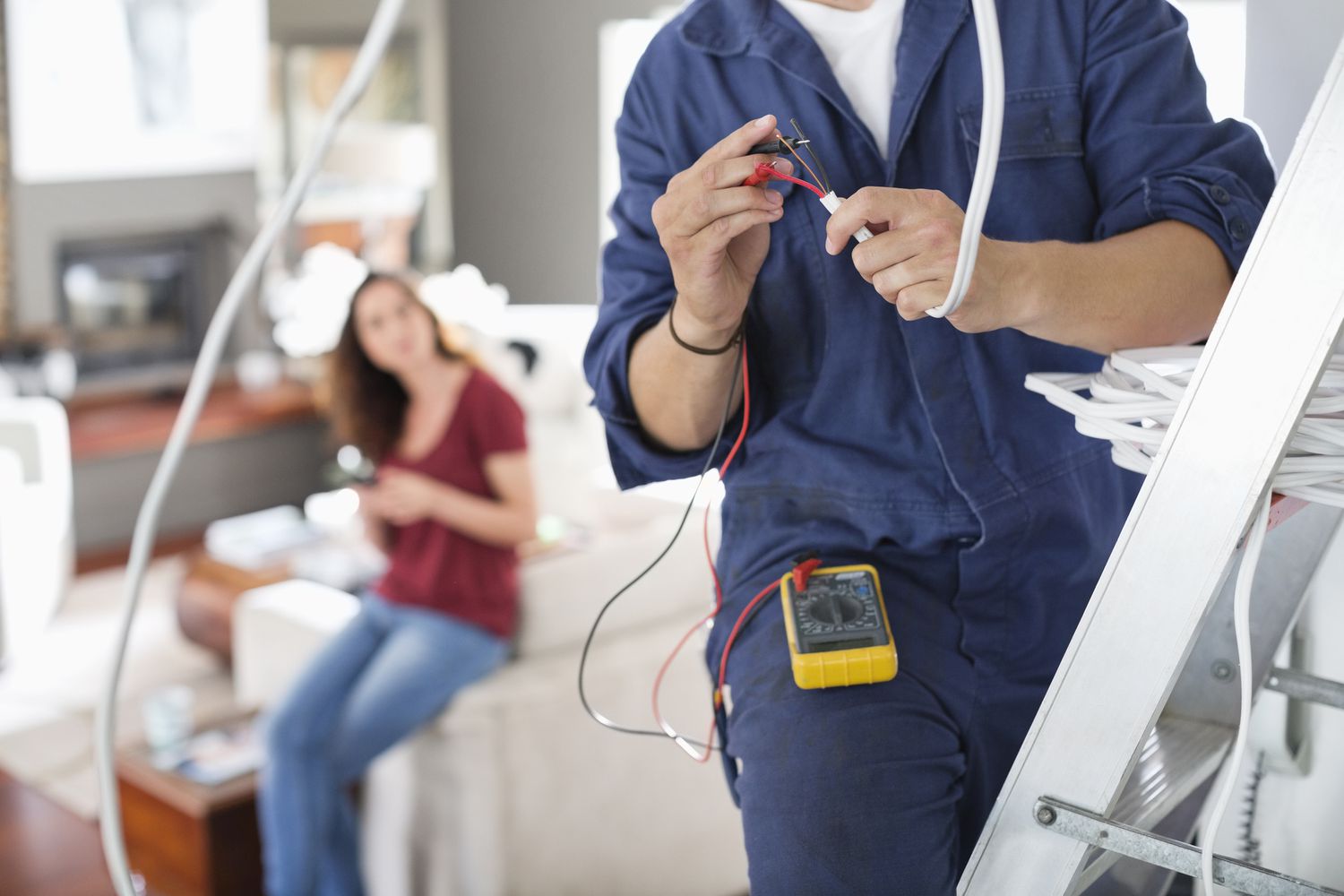

Home Maintenance
What Repairs To Ask For After Home Inspection
Modified: March 6, 2024
Ensure your home is in top shape with these essential repairs after a thorough home inspection. Discover expert advice on home maintenance.
(Many of the links in this article redirect to a specific reviewed product. Your purchase of these products through affiliate links helps to generate commission for Storables.com, at no extra cost. Learn more)
Introduction
When buying a new home, one of the most crucial steps is the home inspection. A thorough inspection helps identify any underlying issues or needed repairs, giving you the opportunity to negotiate with the seller or plan for future maintenance. While some minor issues may be expected, there are certain repairs that you should prioritize after a home inspection to ensure the safety, integrity, and longevity of your investment.
In this article, we will explore the key repairs that you should consider addressing after a home inspection. From essential structural repairs to potential safety hazards, we’ll cover a range of areas that may require attention. By focusing on these critical repairs, you can maintain the value and comfort of your new home while avoiding potential headaches down the road.
So, let’s dive into the most common repair areas and what you can do to address them effectively. Remember, it’s essential to consult with professionals and experts in each respective field to ensure the repairs are done correctly and to code. Let’s get started!
Key Takeaways:
- Prioritize essential repairs after a home inspection, such as roofing, electrical, plumbing, HVAC, structural, insulation, exterior, and safety upgrades, to maintain a safe and valuable home.
- Consult professionals for complex repairs, and don’t neglect maintenance. Addressing repairs promptly prevents further damage, enhances safety, and preserves your home’s value.
Read more: What To Ask During Your Home Inspection
Roofing Repairs
Properly assessing the condition of the roof is essential after a home inspection. Examine the roofing materials, gutters, and flashing to identify any signs of damage or wear. Addressing roofing repairs promptly will prevent further water damage and potential structural issues.
– Evaluation of Roof Condition: The home inspector will assess the overall condition of the roof, looking for signs of damage such as missing shingles, cracked tiles, or loose roofing materials. They may also examine the flashing around chimneys, vents, and skylights to ensure a proper seal.
– Leaks or Water Damage: Water stains on the ceiling or walls can be indicators of roof leaks. Even if no visible stains are present, the inspection report may mention the presence of water damage in the attic or signs of previous leaks. It’s essential to address these issues promptly to prevent further water intrusion and potential mold growth.
– Missing or Damaged Shingles: Inspect the roof for any missing, broken, or damaged shingles. Shingles in poor condition can leave your roof vulnerable to leaks and water damage. If only a few shingles are affected, a repair may suffice. However, if a substantial portion of the roof is compromised, it might be necessary to consider a roof replacement.
For minor roofing repairs, you may be able to handle the task yourself. However, for more significant repairs or a complete replacement, it is recommended to consult with a professional roofing contractor. They will have the expertise and tools necessary to address the issues effectively and ensure the long-term integrity of your roof.
Remember, neglecting roofing repairs can lead to more extensive problems, such as interior water damage, mold growth, or even structural issues. By addressing roofing issues promptly, you can protect your home and maintain its value for years to come.
Electrical System Repairs
The electrical system in a home is critical for functionality and safety. After a home inspection, it’s crucial to address any electrical issues or potential hazards to protect your home from electrical fires or dangers.
– Inspection of Electrical Wiring: A thorough inspection of the electrical wiring is essential to identify any potential issues. This includes checking for exposed or damaged wires, outdated wiring methods, or improper installations. Faulty wiring can be a safety hazard and should be addressed promptly.
– Outdated or Unsafe Electrical Panels: The electrical panel, also known as the breaker box, is responsible for distributing electricity throughout the home. If the home inspection reveals an outdated or unsafe electrical panel, it may be necessary to upgrade to a newer and safer panel. Older panels, such as ones with fuses instead of circuit breakers, may not have adequate capacity or safety features.
– Faulty Outlets or Switches: The home inspector will test the outlets and switches to ensure they are functioning properly. If any outlets or switches are not working or show signs of damage, they should be repaired or replaced. Faulty outlets can pose a fire risk, and malfunctioning switches can indicate larger electrical problems.
It is crucial to have a licensed electrician perform any necessary electrical repairs or upgrades. Handling electrical issues without the proper knowledge and expertise can be dangerous and potentially lead to electrical shocks, fires, or further damage.
Additionally, consider having the electrical system inspected by a professional even if no issues were noted in the home inspection report. This will provide you with peace of mind and ensure that your electrical system meets current safety standards.
Addressing electrical system repairs promptly will not only ensure the safety of your home but also provide you with reliable electrical service throughout. By investing in the necessary repairs or upgrades, you can enjoy a functional and secure electrical system for years to come.
Plumbing Repairs
A well-functioning plumbing system is essential for the comfort and functionality of your home. After a home inspection, it’s crucial to address any plumbing issues to avoid water damage, mold growth, and inconvenience.
– Assessment of Plumbing System: The home inspector will evaluate the overall condition of the plumbing system, including the supply lines, drains, and fixtures. They will look for any signs of leaks, water damage, or outdated plumbing materials. It’s important to pay attention to the inspector’s findings and address any identified issues.
– Water Leaks or Pipe Damages: Inspect the entire plumbing system, including under sinks, around toilets, and in the basement, for any signs of water leaks. Leaking pipes can cause water damage to walls, floors, and ceilings, as well as promote mold growth. If leaks are detected, have them repaired by a qualified plumber to prevent further damage.
– Malfunctioning Faucets or Toilets: Check all faucets and toilets for proper functionality. Faucets that drip or have low water pressure may indicate a problem with the fixtures or the underlying plumbing. For toilets, inspect for continuous running or flushing issues. Malfunctioning faucets and toilets can waste water and cause higher water bills.
While minor plumbing repairs can sometimes be handled by homeowners with basic plumbing knowledge, it’s recommended to hire a professional plumber for more complex issues. They have the necessary expertise and tools to diagnose and repair plumbing problems effectively.
It’s also worth considering upgrading outdated plumbing fixtures or pipes during the repair process. Upgrading to water-efficient faucets, toilets, and showerheads can help save water and reduce utility bills in the long run.
Remember, addressing plumbing repairs promptly will not only prevent further damage but also ensure your home’s plumbing system operates efficiently. By investing in plumbing repairs, you can avoid costly repairs and maintain a functional and leak-free environment in your home.
HVAC System Repairs
A properly functioning HVAC (Heating, Ventilation, and Air Conditioning) system is crucial for maintaining a comfortable and healthy indoor environment. After a home inspection, it’s important to address any issues with your HVAC system to ensure optimal performance and energy efficiency.
– Examination of Heating and Cooling Units: The home inspector will evaluate the condition and operation of your heating and cooling systems. They will check for signs of wear and tear, improper installation, or outdated equipment. Any issues identified should be addressed promptly to avoid breakdowns or inefficient operation.
– Inadequate Temperature Regulation: If you notice inconsistent temperatures or have difficulty maintaining a comfortable indoor climate, it may indicate a problem with your HVAC system. This could be due to malfunctioning thermostats, insufficient airflow, or issues with the heating or cooling components. Repairing or adjusting these issues will help maintain a comfortable temperature throughout your home.
– Issues with Ductwork or Ventilation: The inspector may assess the condition of your ductwork and ventilation system. Leaks or damage in the ducts, improper sealing, or inadequate ventilation can affect the efficiency of your HVAC system. In such cases, repairs or improvements to the ductwork and ventilation may be necessary to ensure proper airflow and distribution of heated or cooled air.
When it comes to HVAC system repairs, it’s recommended to enlist the services of a professional HVAC technician. They have the expertise to diagnose and address any issues effectively, ensuring your system operates efficiently and reliably.
In addition to repairing any identified issues, regular maintenance is key to prolonging the lifespan of your HVAC system. This includes changing filters, cleaning components, and scheduling professional maintenance inspections. Regular maintenance can help prevent costly repairs and improve the energy efficiency of your system.
By addressing HVAC system repairs promptly and maintaining regular maintenance, you can enjoy a comfortable and energy-efficient home environment regardless of the season. Investing in the health of your HVAC system will not only save you money in the long run but also provide you with peace of mind.
When reviewing the home inspection report, prioritize repairs that affect safety, structural integrity, or major systems like electrical, plumbing, or HVAC. These are the most critical and should be addressed first.
Structural Repairs
Ensuring the structural integrity of your home is crucial for its safety and longevity. After a home inspection, it’s important to address any structural issues to prevent further damage or potential hazards.
– Analysis of Foundation and Structural Integrity: The home inspector will examine the foundation of the house and assess its overall condition. They will look for any signs of cracks, settling, or bowing, which could indicate potential structural problems. It’s important to address foundation issues promptly to avoid further damage and potential instability.
– Cracks or Shifts in Walls or Ceilings: Inspect the walls and ceilings for any visible cracks or shifts. Cracks in the walls can be an indication of foundation issues or structural movement. If you notice significant cracks, particularly those that are widening or have a stair-step pattern, it’s crucial to consult with a professional to determine the extent of the problem and the necessary repairs.
– Sagging Floors or Uneven Surfaces: If you feel like the floors are uneven or notice sagging in certain areas, it may indicate structural issues. This can be caused by compromised floor joists, foundation problems, or other structural defects. Proper repairs are essential to restore stability and prevent further damage to your home.
Addressing structural repairs is not a DIY task and should be handled by experienced professionals such as structural engineers or licensed contractors. They will have the expertise to assess the severity of the issues and recommend appropriate repairs.
Keep in mind that structural repairs can be costly and time-consuming. However, neglecting them can lead to more severe problems and potential safety risks. Investing in the necessary structural repairs will not only protect the value of your home but also provide you and your family with a safe and secure living environment.
It’s important to note that not all homes will require significant structural repairs. Minor cracks or settling can often be addressed through simple measures such as patching or adjusting. However, it’s always best to consult with experts to ensure the proper assessment and repairs are done to maintain the structural integrity of your home.
Insulation and Energy Efficiency Repairs
Insulation and energy efficiency play a crucial role in maintaining a comfortable home environment while minimizing energy consumption and costs. After a home inspection, it’s important to address any issues related to insulation and energy efficiency to optimize your home’s performance.
– Evaluation of Insulation Levels: The home inspector will assess the insulation levels in various areas of your home, such as the attic, walls, and floors. Insufficient insulation can result in energy loss and reduced comfort. If the inspection reveals inadequate insulation, it may be necessary to add or upgrade insulation to ensure optimal energy efficiency.
– Gaps or Air Leaks: Look for gaps or air leaks around windows, doors, and other openings in your home. Air leaks can lead to drafts, making it harder to maintain consistent temperatures and causing your heating and cooling systems to work harder. Sealing these gaps with weatherstripping or caulk can improve energy efficiency and reduce energy bills.
– Inefficient Energy Usage: Consider the energy efficiency of appliances, HVAC systems, and lighting fixtures in your home. Outdated or inefficient equipment can lead to unnecessary energy consumption. Upgrading to energy-efficient models can significantly reduce energy usage and save you money in the long run. Energy-efficient lighting such as LED bulbs can also contribute to reducing electricity bills.
To address these issues, you can start with small changes such as adding weatherstripping to doors and windows or installing programmable thermostats to optimize heating and cooling schedules. However, for more significant energy efficiency upgrades, it’s recommended to consult with energy auditors or professionals in the field. They can assess your home’s energy usage and provide recommendations for improvements and upgrades.
Investing in insulation and energy efficiency repairs not only reduces your carbon footprint but also improves the comfort of your home and saves you money on energy bills. By creating a more energy-efficient home, you are making a positive impact on the environment while enjoying the benefits of a more sustainable and cost-effective living space.
Exterior and Exterior Repairs
The exterior of your home is not only important for its aesthetic appeal but also plays a crucial role in protecting your house from the elements. After a home inspection, it’s essential to address any issues with the exterior and exterior components to maintain the integrity and security of your home.
– Inspection of Siding, Windows, and Doors: The home inspector will evaluate the condition of your siding, windows, and doors. They will look for signs of damage, rot, or deterioration. Cracked or missing siding, damaged or poorly functioning windows, and doors in need of repair or replacement should be addressed to prevent water intrusion, energy loss, and security vulnerabilities.
– Damaged or Rotten Wood: Inspect the exterior of your home for any signs of damaged or rotten wood. This can include areas such as window sills, trim, fascia boards, or deck surfaces. Addressing these issues promptly is essential to prevent further deterioration and potential structural damage.
– Faulty Locks or Windows: Check the locks on your windows and doors to ensure they are functioning properly. Faulty locks can compromise the safety and security of your home. If any locks are not working correctly or if your windows are difficult to open or close, consider repairing or replacing them.
Depending on the severity of the exterior and exterior repairs needed, it may be necessary to enlist the services of professionals such as carpenters, window installers, or siding contractors. They can properly assess the issues and provide the necessary repairs or replacement.
Regular maintenance and inspections of your home’s exterior can help identify potential issues before they become more significant problems. Taking care of exterior repairs promptly will ensure the longevity and functionality of your home’s exterior components while enhancing its curb appeal.
Investing in exterior repairs not only protects your home from weather damage and intruders but also adds value and improves its overall appearance. By maintaining a well-maintained exterior, you can take pride in your home and create a welcoming and secure environment for you and your family.
Safety and Security Repairs
Ensuring the safety and security of your home is of utmost importance. After a home inspection, it is crucial to address any safety and security issues identified to protect your family and property.
– Assessment of Smoke Detectors and Carbon Monoxide Alarms: The home inspector will check the functionality and placement of smoke detectors and carbon monoxide alarms. These devices play a critical role in alerting you to potential fire or gas hazards. Ensure that they are working properly, have fresh batteries, and are installed in the recommended locations throughout your home.
– Inadequate Security Measures: Evaluate your home’s security measures. This includes having sturdy doors and windows, proper lighting around the exterior, and secure entry points. If any security vulnerabilities are identified, such as weak points in doors or windows, consider reinforcing them with stronger materials or installing security systems for added protection.
– Poorly Installed or Defective Locks: Inspect the locks on all external doors to ensure they are in good working condition and provide adequate security. If any locks are poorly installed, malfunctioning, or showing signs of wear and tear, have them repaired or replaced by a professional locksmith to enhance the security of your home.
To address safety and security repairs effectively, consider consulting with professionals who specialize in home security, locksmith services, or fire safety. They can provide expert advice and guidance on the most effective measures to improve the safety and security of your home.
Additionally, it’s important to develop good safety habits in your home, such as practicing fire escape plans with your family, using caution with candles and heating appliances, and being mindful of potential hazards. Regular maintenance of safety and security features is also key to ensure they remain in optimal working condition.
Investing in safety and security repairs not only provides peace of mind but also protects your home and loved ones from potential harm. By addressing these issues promptly, you can create a safe and secure environment that promotes a sense of comfort and well-being within your home.
Read more: After A Home Inspection, How Many Days Does A Buyer Have To Ask The Seller To Make Repairs?
Conclusion
Taking care of necessary repairs after a home inspection is crucial to maintain the value and integrity of your investment. By addressing key areas of concern, you can enhance the safety, functionality, and efficiency of your home while preventing further damage and potential headaches in the future.
From roofing repairs to electrical system updates, plumbing fixes, HVAC maintenance, structural repairs, insulation enhancements, exterior renovations, and safety and security upgrades, each aspect plays a vital role in the overall condition and livability of your home.
It is important to note that while some repairs may be suitable for DIY enthusiasts, it is highly recommended to consult professionals and experts in each respective field for more complex or specialized tasks. Their knowledge and expertise will ensure that the repairs are done correctly, meeting safety standards and building codes.
Remember, neglecting repairs or postponing necessary improvements can lead to more significant issues down the line, potentially costing you more time, money, and stress. By addressing repairs promptly, you can prevent further damage, enhance the comfort and safety of your home, and protect your investment.
Additionally, don’t forget about the ongoing maintenance of your home. Regular inspections, maintenance, and occasional upgrades are important to keep your home in top shape and prevent future issues. This includes tasks such as cleaning gutters, replacing filters, checking smoke detectors, and scheduling routine HVAC inspections.
Ultimately, investing in home repairs and maintenance not only improves your living experience but also preserves the value of your property. By being proactive and diligent in addressing repairs, you can enjoy a safe, comfortable, and well-maintained home for years to come.
So, take the time to assess the results of your home inspection, prioritize the necessary repairs, and make a plan to address them. Whether it’s fixing a leaky roof, updating outdated electrical systems, or improving energy efficiency, each repair will contribute to the overall well-being and longevity of your home.
Frequently Asked Questions about What Repairs To Ask For After Home Inspection
Was this page helpful?
At Storables.com, we guarantee accurate and reliable information. Our content, validated by Expert Board Contributors, is crafted following stringent Editorial Policies. We're committed to providing you with well-researched, expert-backed insights for all your informational needs.
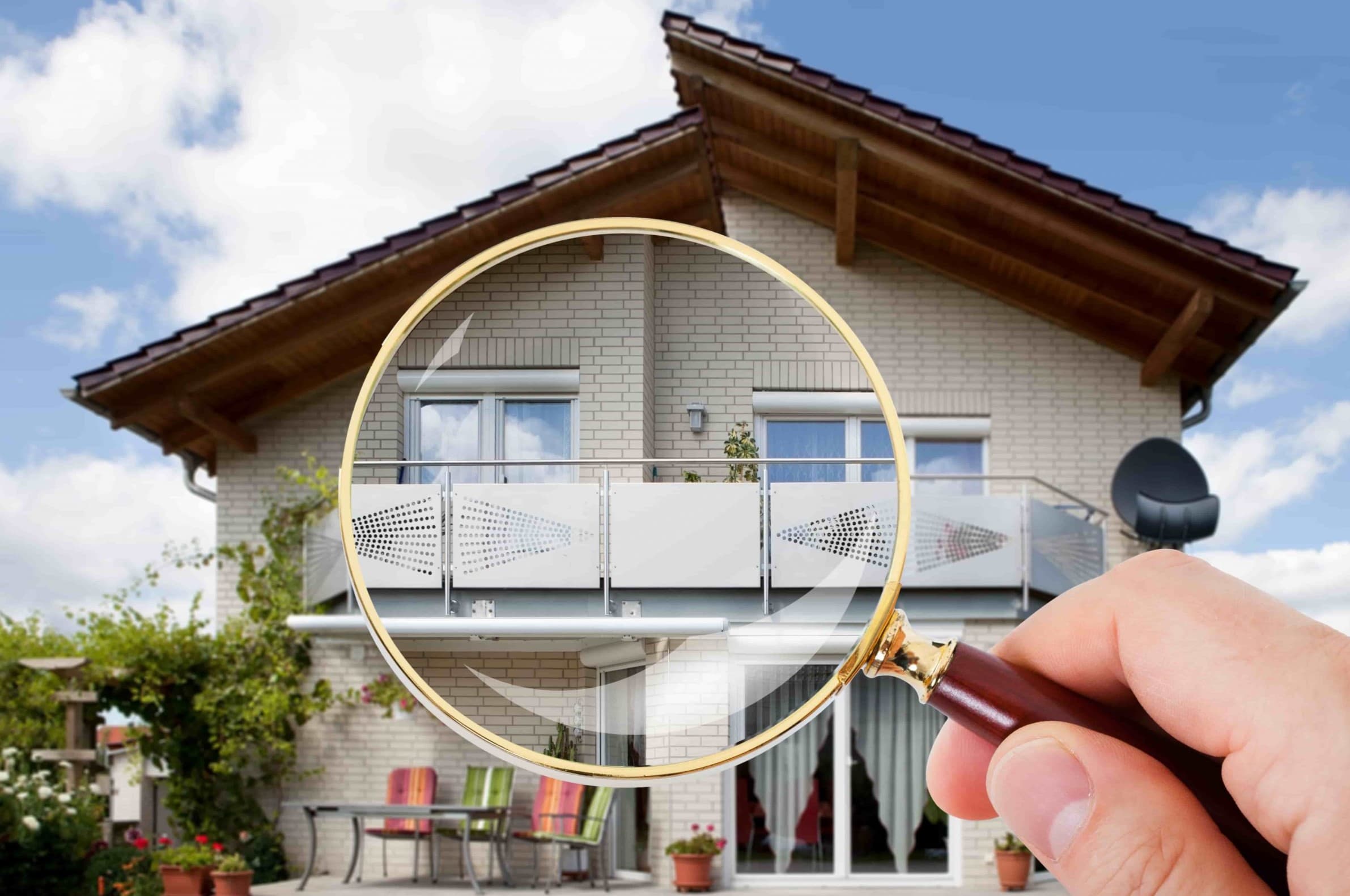

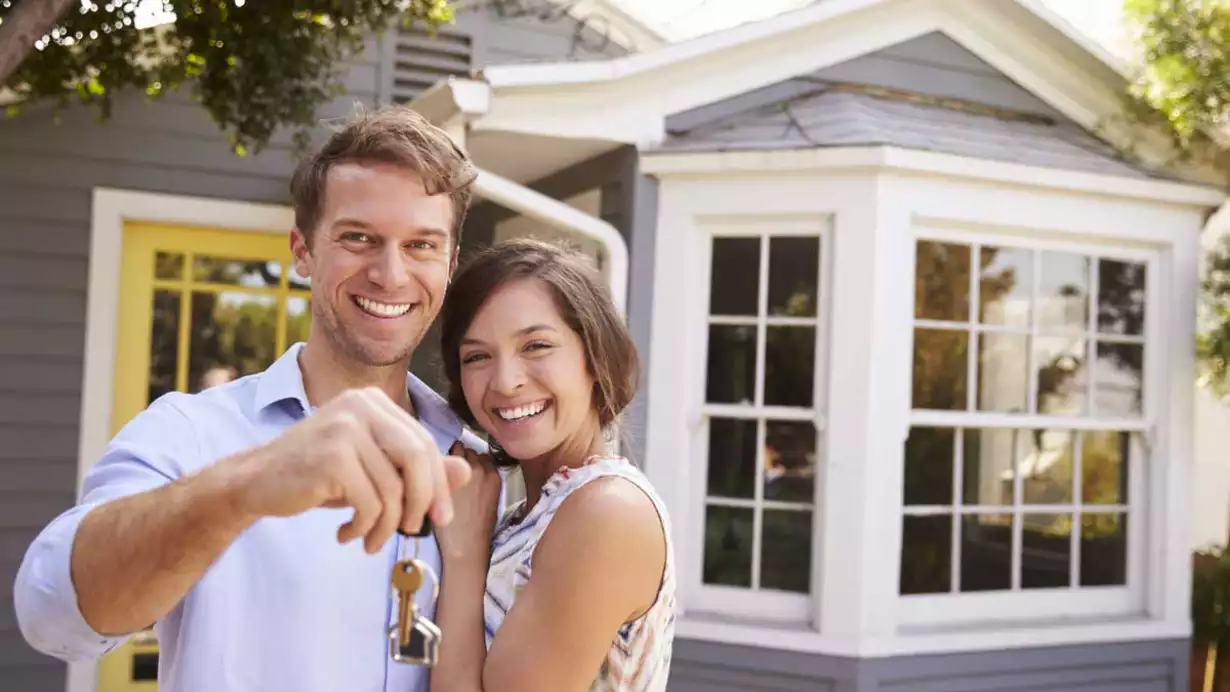
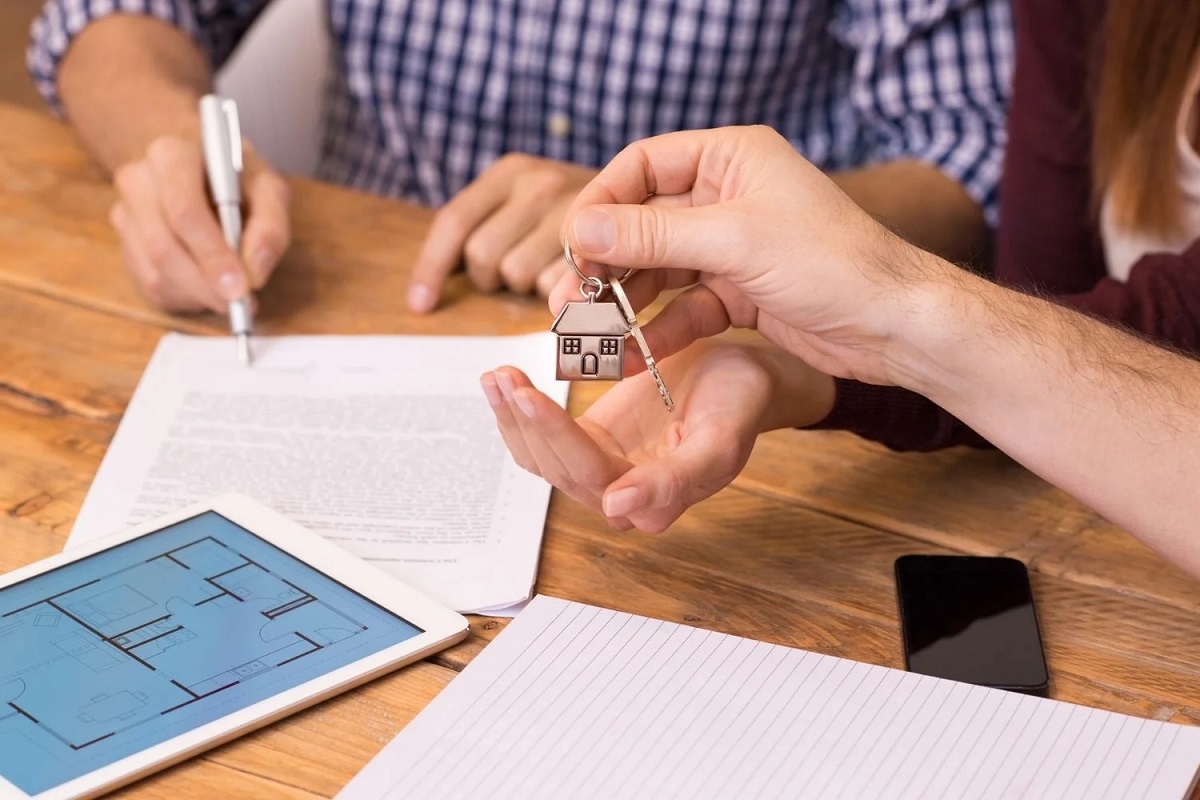
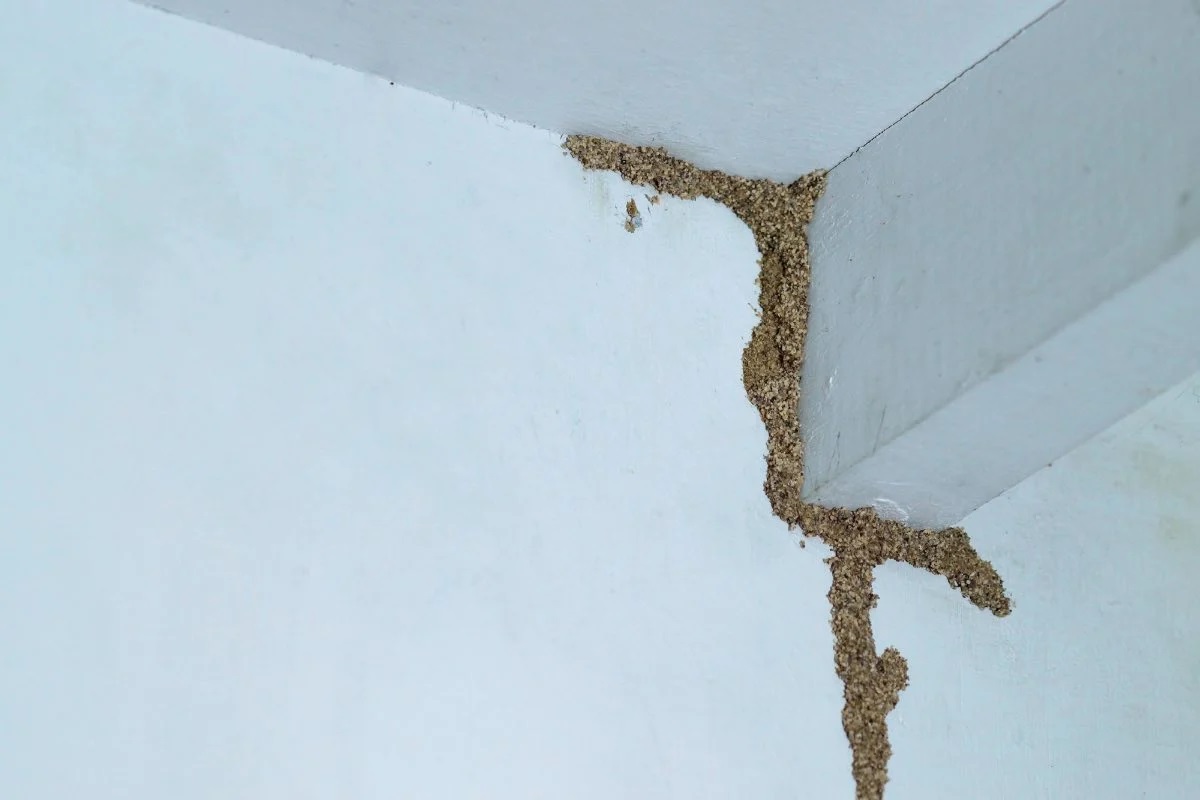
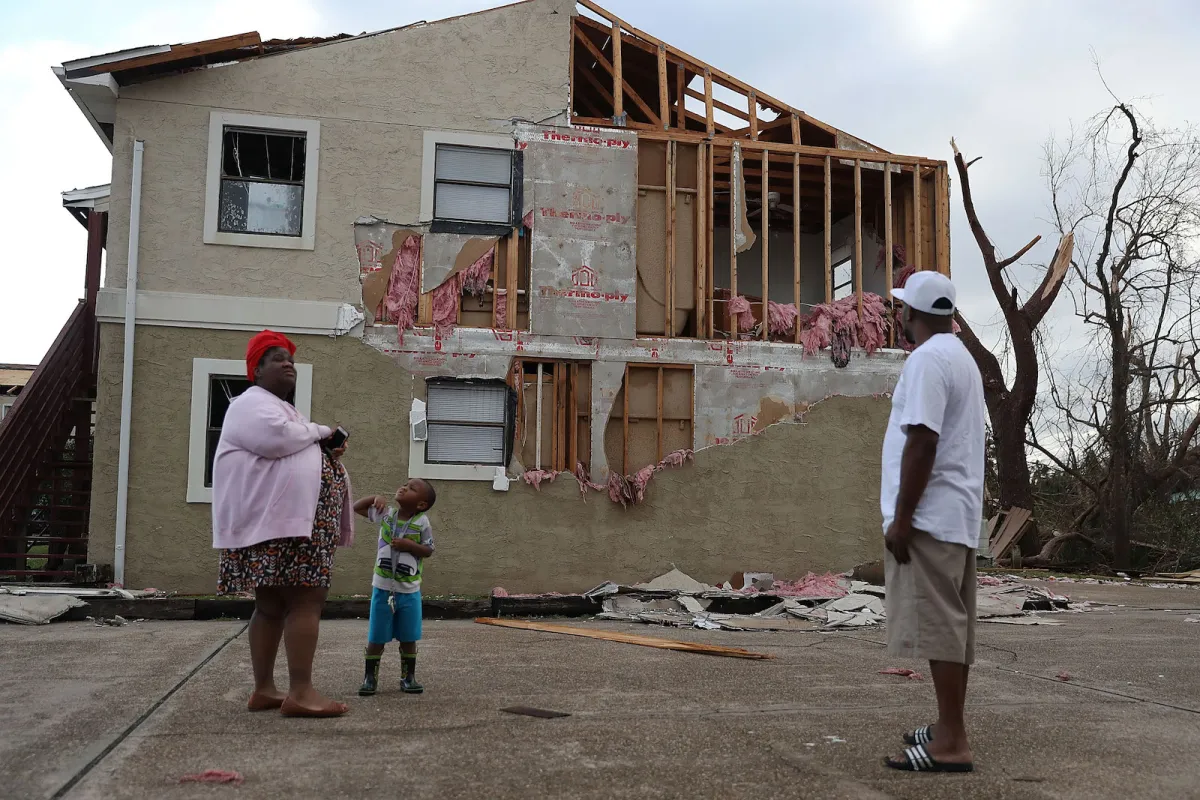


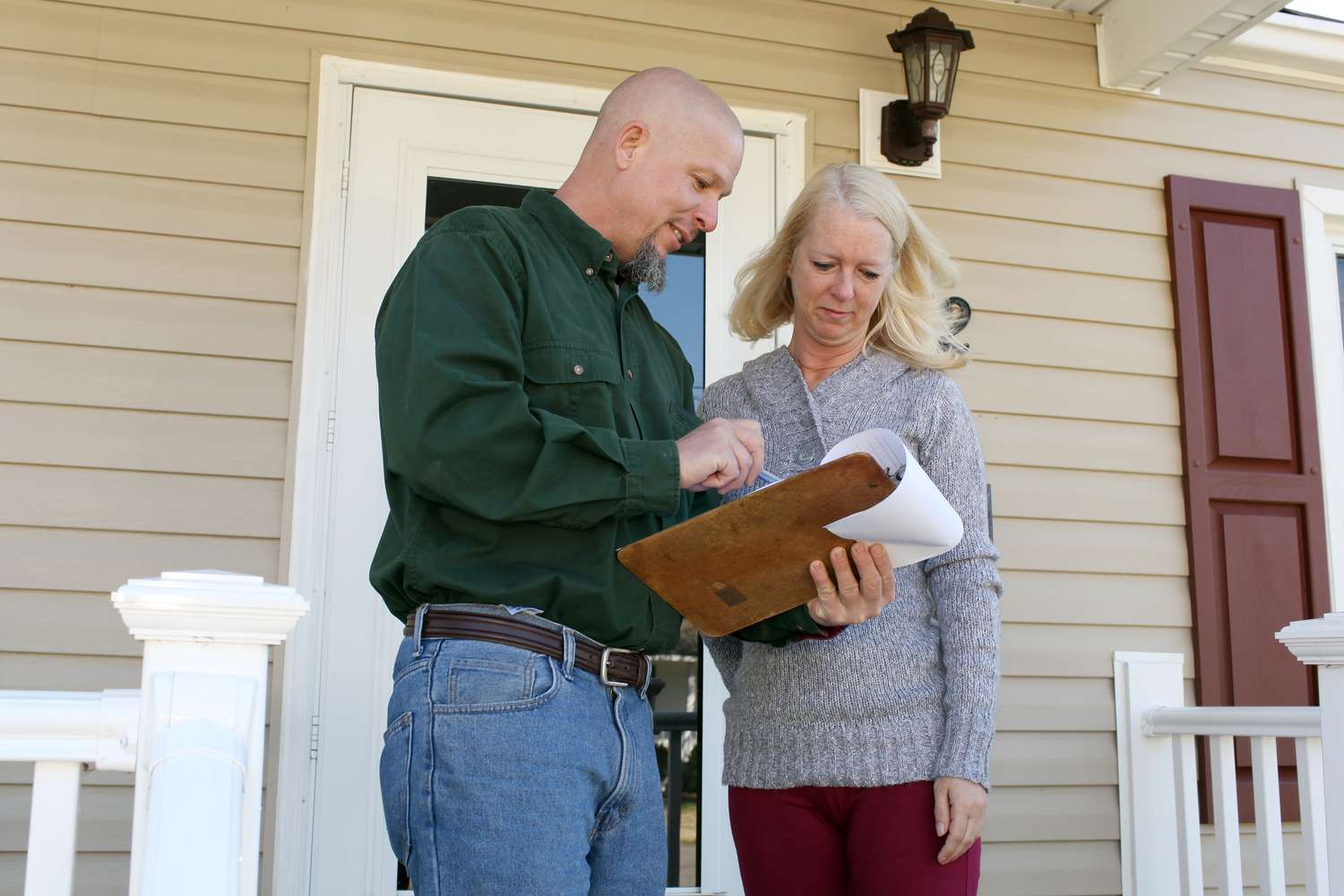
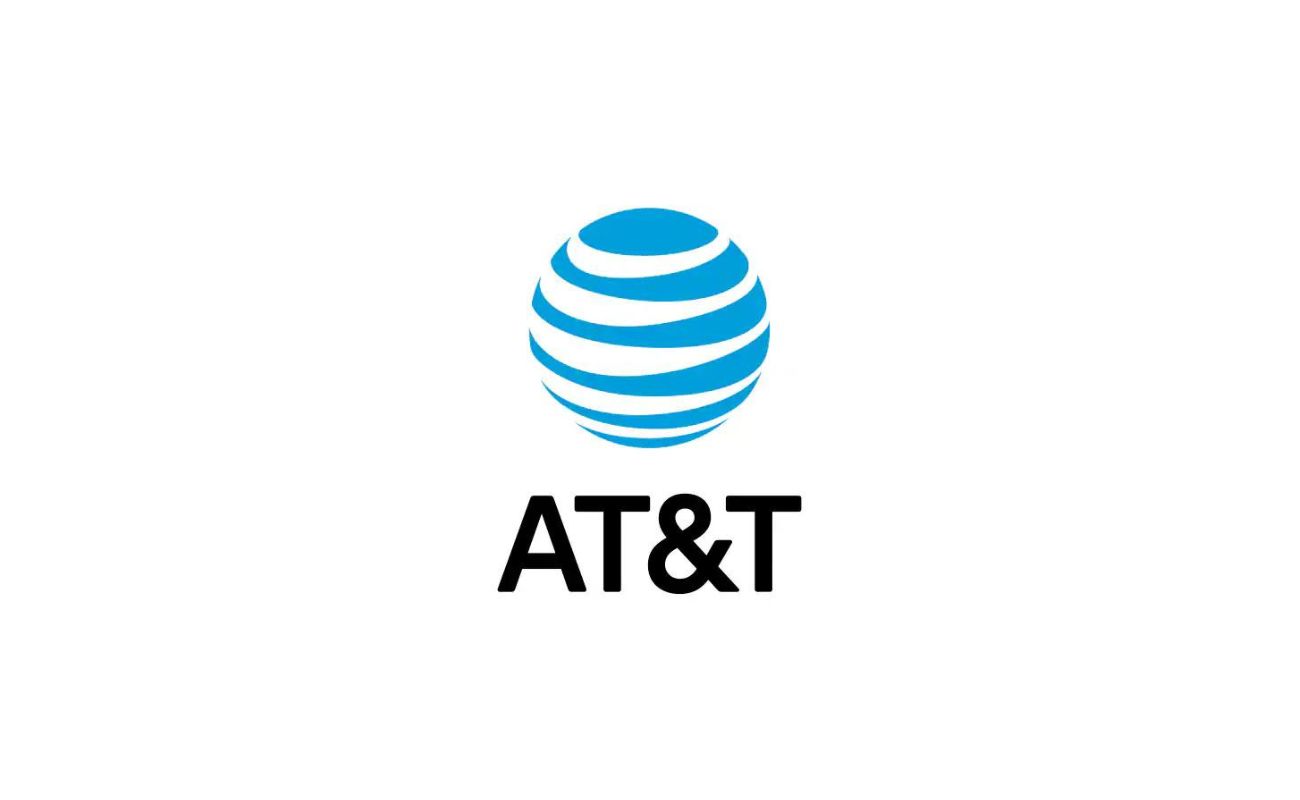
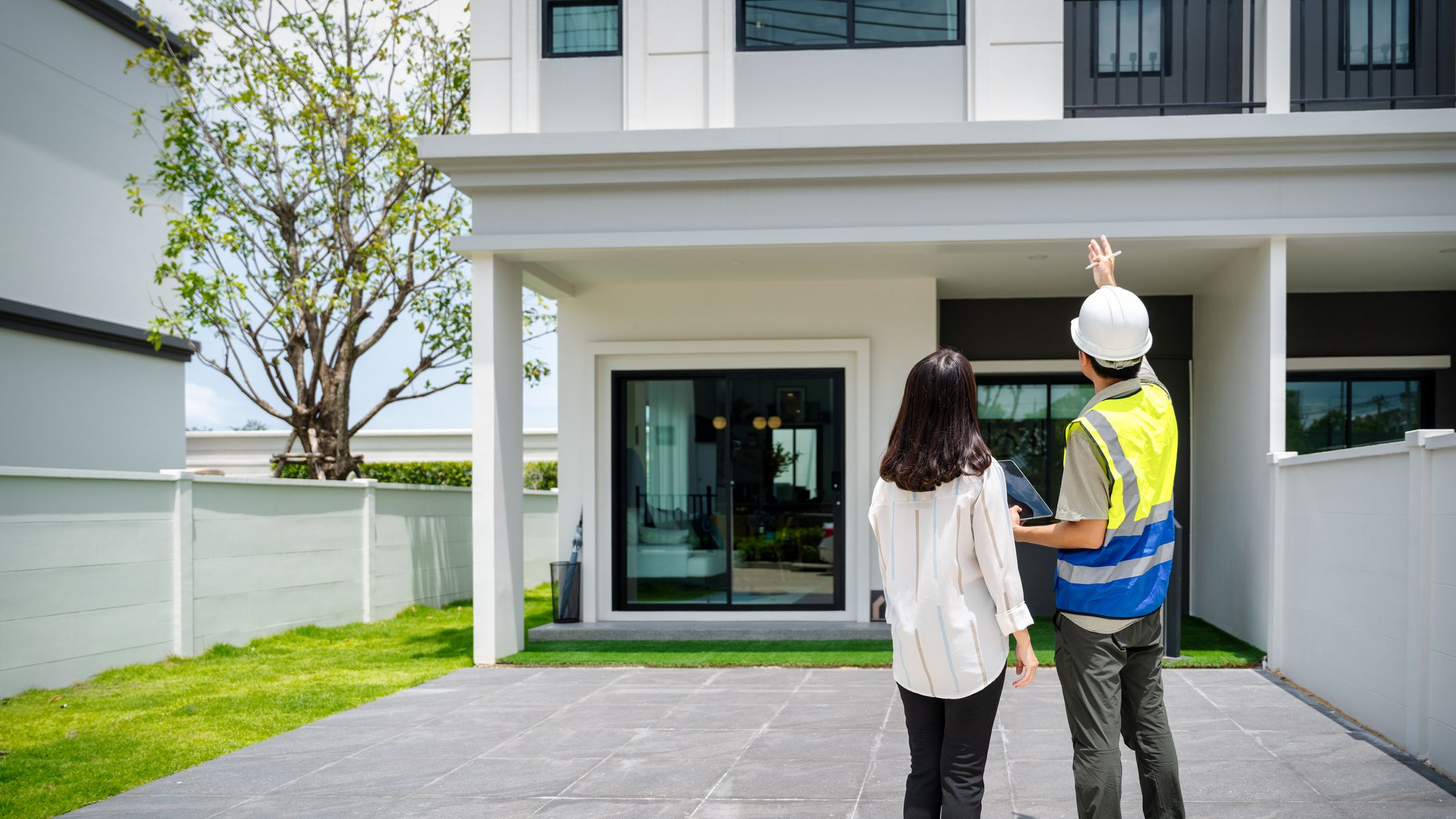
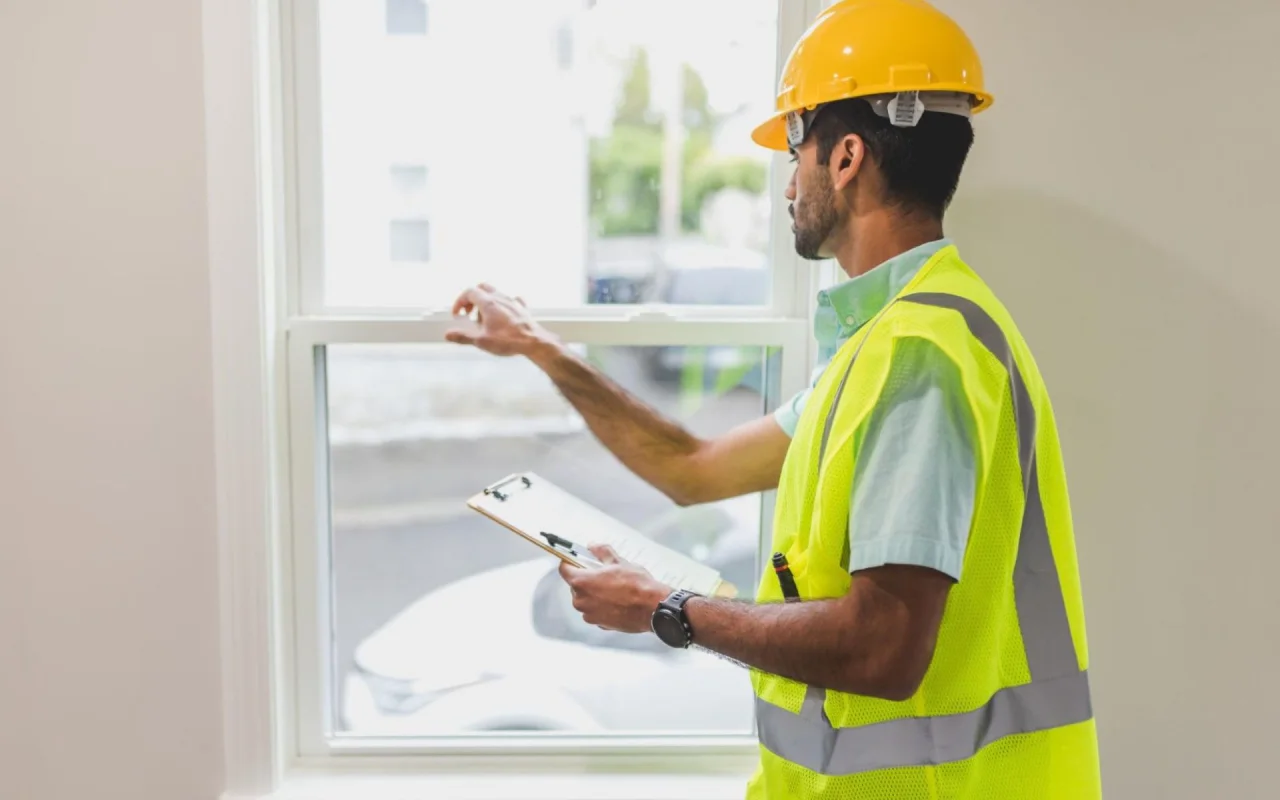
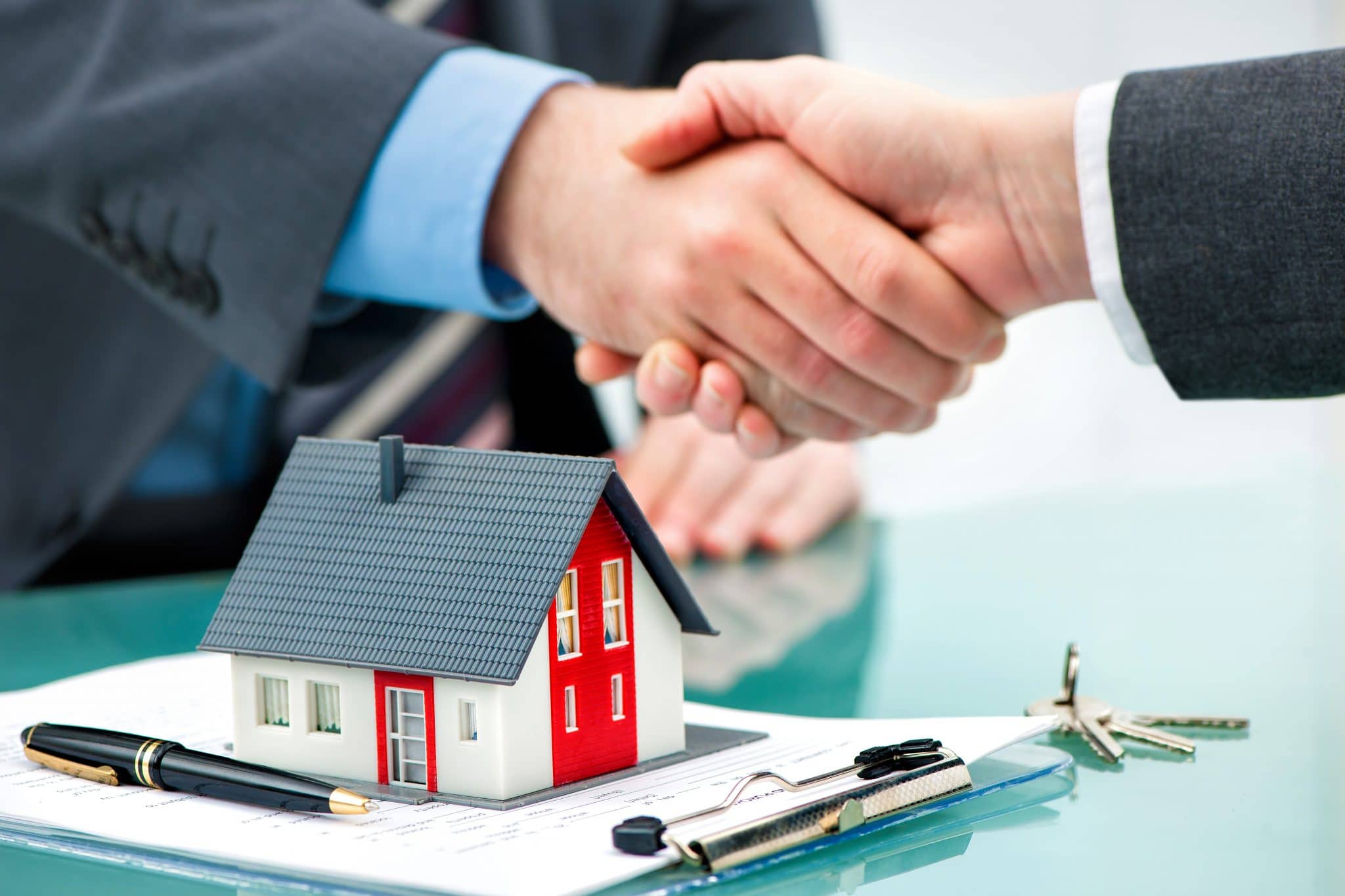

0 thoughts on “What Repairs To Ask For After Home Inspection”